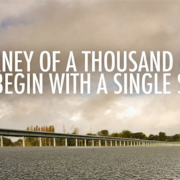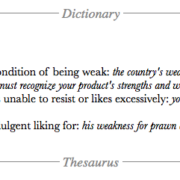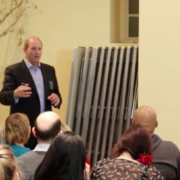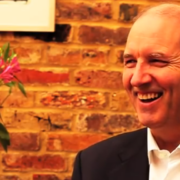BUILDING INNER MOTIVATION
In the first of two blogs I shall be discussing the nature of, and the need for, inner motivation. In the second piece I shall detail some straightforward things that can be done on a daily basis to help generate and sustain it where it matters – from the core.
As with all change be it in our thinking, our actions, our behaviour, and our habits, it all originates and is sustained from within ourselves – and from nowhere else. The same is true of motivation be it in business or in our private lives.
Motivation begins with a thought, a desire for achievement. Achievement, that is, on any scale: it does not have to be an Olympic gold. Whatever it is, we have to want it badly enough to push ourselves on, to challenge our own boundaries, and to move towards preset goals instead of waiting for our lives to simply ‘happen’. Ultimately there is nowhere to hide – it comes down to how badly we want it so, if it is not already the case, now is the time to take responsibility and to take control.
When reaching out to achieve a goal, we can sometimes find obstacles in our path so there may be times when we ask ourselves, wouldn’t it be easier to compromise our goal? Wouldn’t it be simpler to lower our expectations of ourselves? These are the times when we feel ‘on the anvil’ and it’s right here where our inner motivation really needs to kick in and make the difference.
While the motivation must from within, we can boost it through external inspiration from any number of sources: our loved ones; famous figures; stories of hardships overcome; a novel; the list is endless. Inspiration can help us to fire our motivation, but it cannot be anything more than an occasional boost – it is from far deeper within us that we find the real power to realise our desires.
It is for each one of use to throw down the gauntlet at our own feet. With our goal well set we can rise to our own challenge, remain focused – reinforced in our motivation to finish what we started. In that way, if our path appears blocked by an obstacle, our initial and only reaction is in deciding whether we go around it, under it, over it, or straight through it. Basically, we’re not stopping for anything!









